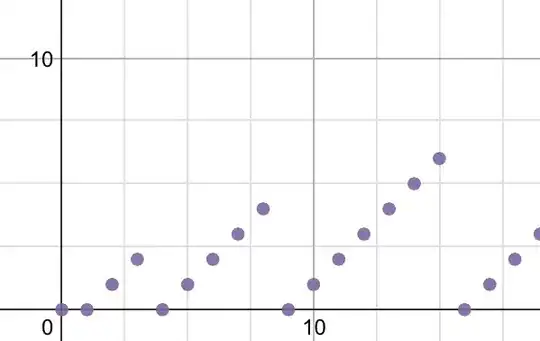A friend thought of this problem and I found it interesting to think about so I want to share it with you. I am intrigued how you will solve the problem.
Find countably infinite many sets $U_i$ such that $$\mathbb{N}=\cup_{i=1}^{\infty}U_i,$$ with $U_i$ disjunct and countably infinite.
